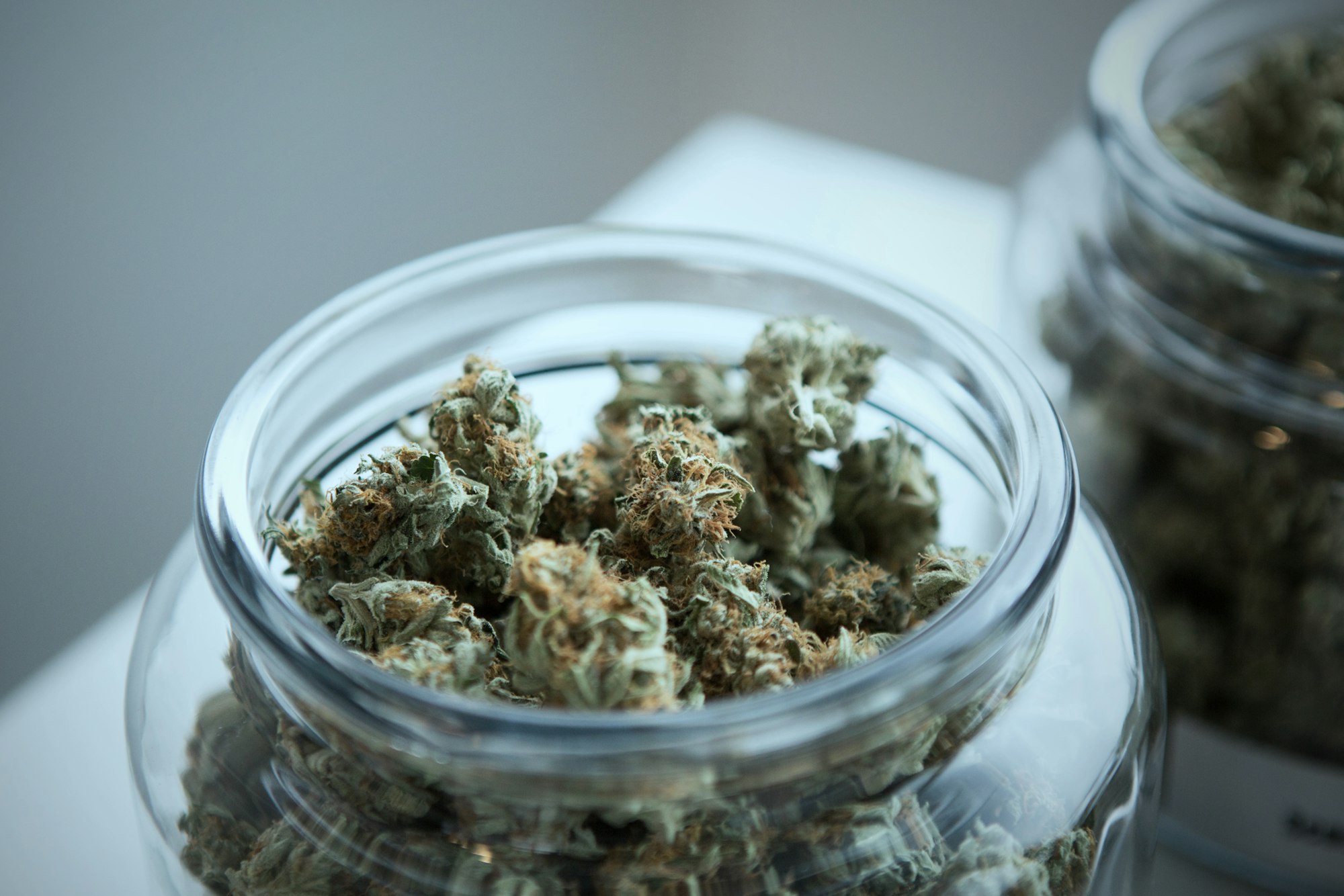This is a paid post from the Sioux Metro Growth Alliance.
Simplified: In 2020 South Dakota became one of 33 states to move toward legalizing or decriminalizing the use of marijuana. Here's a look at how communities in the Sioux Falls area are making decisions about regulating this new industry.
Why it matters
- Under state law, a person authorized by a physician as eligible for a medical marijuana card may be in possession of up to three ounces of marijuana. Recreational marijuana remains tied up in court.
- State laws give local jurisdictions latitude to decide their own licensing rules. That means decisions vary city-to-city.
- Though controversial, marijuana dispensaries have the potential to draw more business investment and visitors to communities, which would bring in both sales tax and licensing revenue.
"This new industry provides both challenges and opportunities for Sioux Metro communities, and it is certain to have a big impact on both the state and our region," said Jesse Fonkert, president and CEO of the Sioux Metro Growth Alliance.
What are the different licensing rules out there?
Each municipality is different, but here are some examples of licensing rules for dispensaries.
In Brandon, people interested in opening a dispensary must pay a $5,000 application fee and a $5,000 license renewal fee.
Garretson and Crooks are each allowing one license within city limits at a cost of $5,000.
Valley Springs is allowing one license at a cost of $25,000.
Hartford capped the number of available licenses at three, with each having a license and renewal fee of $10,000.


